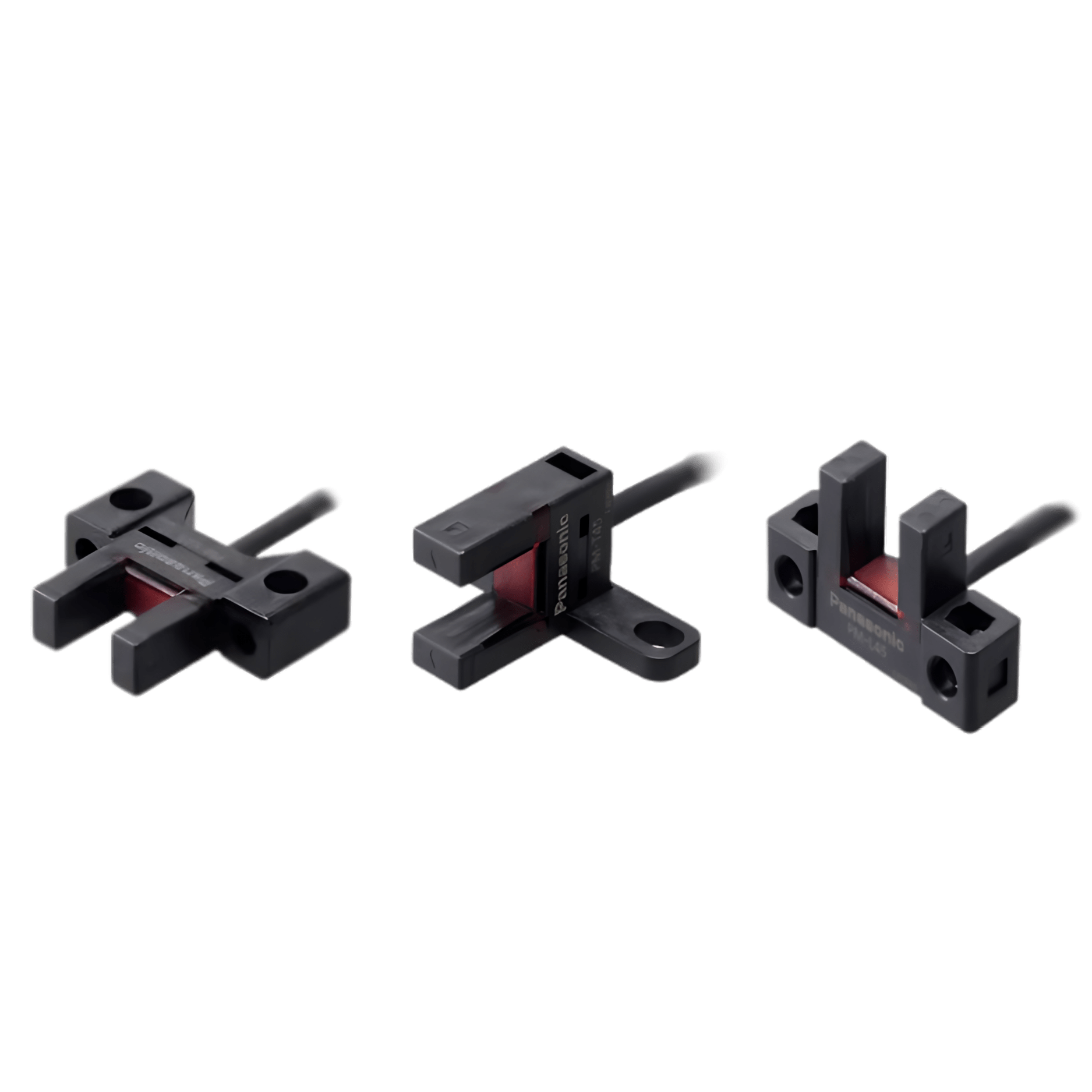
Microfork Sensors
Microfork sensors are highly specialized devices used for precise measurement and monitoring in various industrial and scientific applications. These sensors are characterized by their unique design, which features a small, fork-like structure capable of detecting minute changes in environmental conditions or material properties. Due to their compact size and sensitivity, microfork sensors are ideal for tasks that require high accuracy and precision in detecting vibrations, pressure, or other physical phenomena.
One of the primary applications of microfork sensors is in the field of microelectronics, where they are used to monitor and control the manufacturing process of semiconductor devices. Their ability to detect subtle changes in materials makes them crucial for ensuring the quality and performance of electronic components. In addition, microfork sensors are used in chemical and biological sensing, where they can measure the presence of specific substances or monitor reactions at a microscopic level. Their sensitivity to mass changes, even at the molecular scale, enables real-time monitoring in laboratory environments.
Another key use of microfork sensors is in automation and process control. In industrial settings, they can detect vibrations, strain, or pressure variations, helping to monitor equipment health and prevent potential failures. Their compact design allows for easy integration into complex systems, providing real-time data that enhances operational efficiency and safety.
Overall, microfork sensors represent an advanced solution for applications that require high sensitivity and precision. As industries continue to demand more accurate and reliable monitoring systems, the role of microfork sensors is expected to expand, contributing to innovations in automation, material science, and biomedical engineering.
